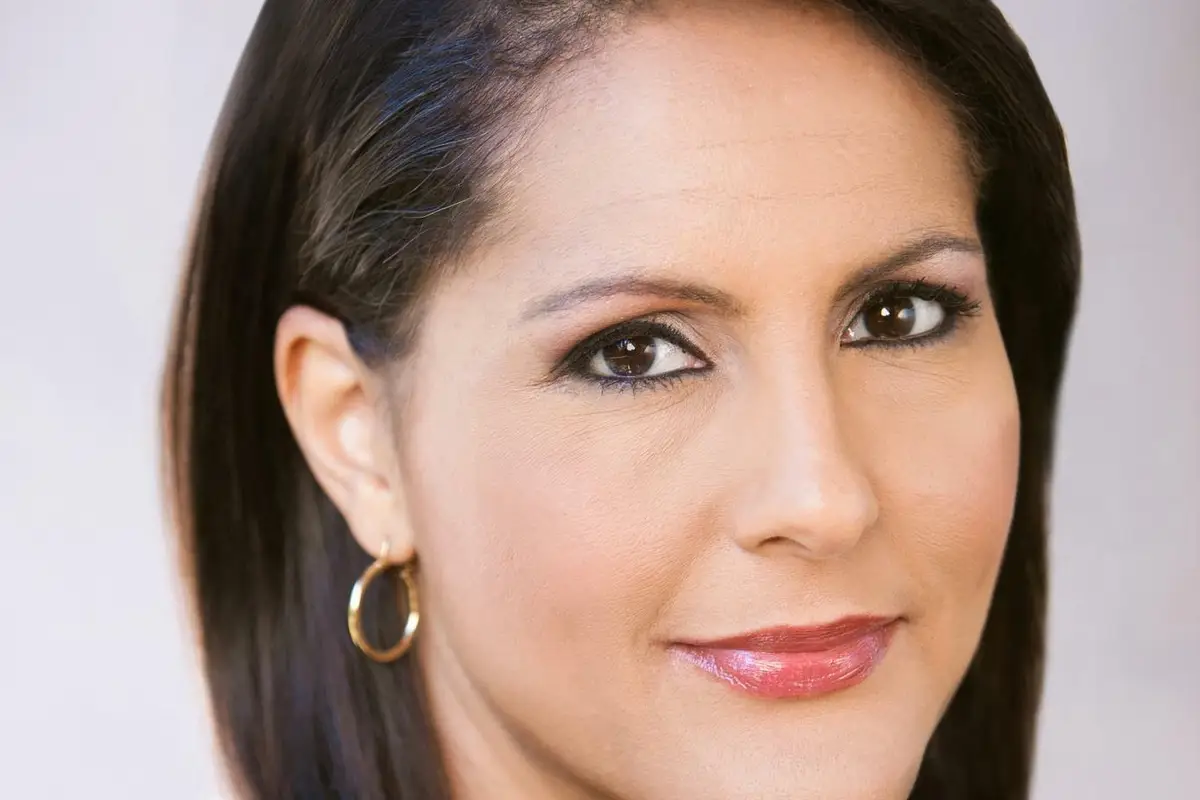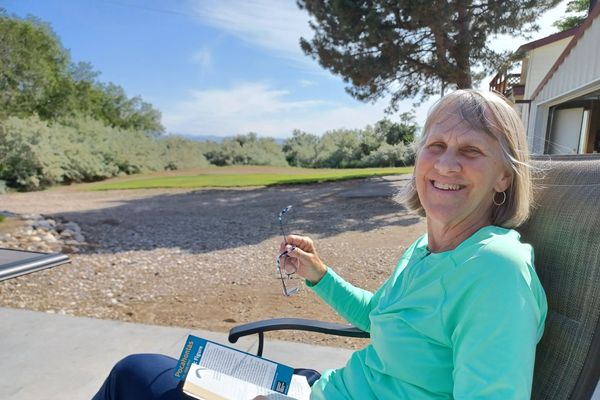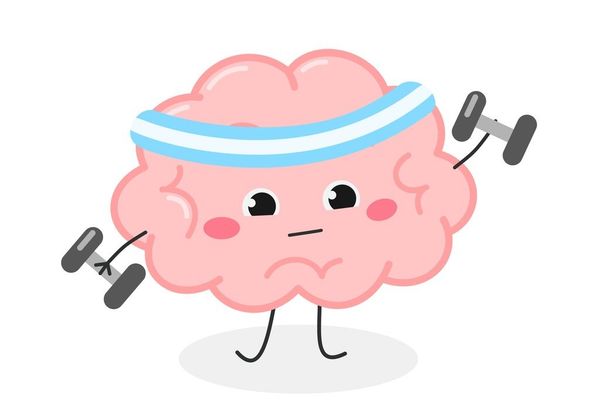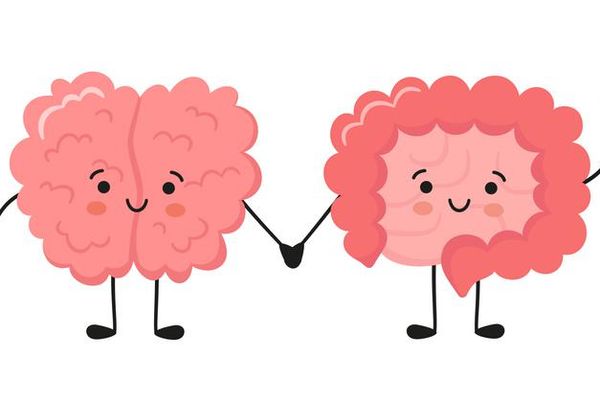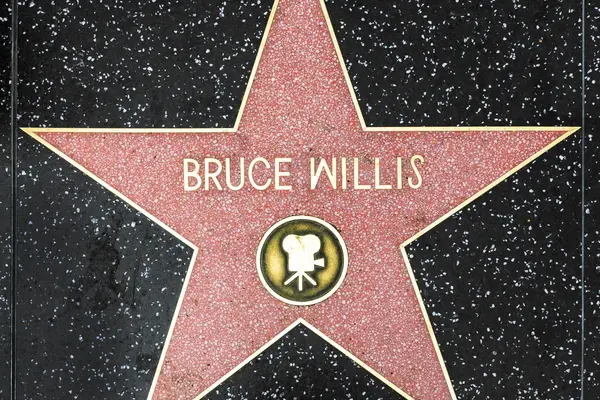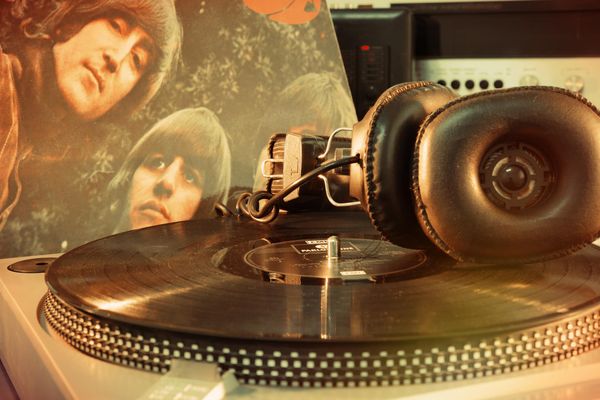As told to Jaimie Seaton
In early 2020, I started getting increasingly painful and exhausting headaches. But Covid-19 was just starting to ramp up, the country was on lockdown and I was busy working remotely as a political consultant — so I dismissed them as added stress from Covid and focused on work.
"Everyone is stressed because of Covid. Of course I have a headache," I thought. Finally, in December, I went to see an orthopedist for an old shoulder injury. I had an MRI done, and when I sat down with him to go over the results, I expected him to tell me I needed shoulder surgery. But when I saw his face, I knew something was very wrong.
"We have to put your shoulder on hold," he began. "We found something on the scan. You have a tumor pressing on your brainstem."
That's not what I expected to hear. At first I was in shock. Then it sank in that he was explaining that I needed to see a neurosurgeon and would likely need surgery. As I started to think of all the things that would need to be done, some of my first thoughts were, "What if I don't survive the surgery?" "Who's going to take care of my dog?"
I needed more information, so my orthopedist referred me to a neurosurgeon who explained that I had a meningioma tumor that had probably been there for years, growing slowly. He also talked to me about treatment options, including brain surgery or radiation. I left his office feeling scared and overwhelmed.
This is where I first turned to my village. I shared the news with a small group of friends and family and asked for help. A dear friend who'd gone through this before advised me to get a second and third opinion, as did others. Friends helped me connect with different doctors, and I started reaching out to different neurosurgeons to get additional opinions. Because it was during Covid, I had to take most of these appointments through telemedicine.
Before the surgery, one of the neurosurgeons I saw told me I couldn't be home alone for at least two weeks after the surgery. It felt daunting in the middle of a pandemic to ask someone to come stay with me and my dog in my small apartment, so I half-jokingly said, "I won't be alone. I have a dog." Not amused, he replied, "Unless your dog can use a phone, you can't be alone."
But I didn't want to be a burden to anyone at a time when everyone in the world was already going through so much.
Meanwhile, I was also working to get my life and affairs in order, update my will and get a medical power of attorney and advance healthcare directive in place to ensure that my wishes were clear in case things didn't go well. It was daunting to hope and pray for the best but prepare for the worst. It made me think a lot about what truly gives my life meaning.
I had some big decisions to make — like whether to have surgery or whether to undergo radiation — and I needed help thinking it all through. My village was with me all the way, helping me talk through the options, joining me for calls with different doctors, helping me ask questions, taking me to appointments, praying with and for me, and helping me plan for surgery and prepare the best I could for recovery and healing afterward.
At the time, I was also working on the Georgia special election and thinking about working in the new Biden-Harris administration. But, once I knew I was having surgery, I knew it meant taking myself out of consideration for any jobs. With support, I was able to give myself space to grieve and let go of the plans I'd been making before my diagnosis and focus on my health. I wanted to do everything I could to put myself in the best physical, mental and spiritual shape for the surgery and healing afterward, and I didn't want to carry negative baggage. I told myself that God had a different plan for me, and I needed to be vulnerable, lean in to the love and support from my friends and be open to whatever the new plan might be.
A family I'm close with not only took care of my dog, they advocated for me when I was in the hospital after my surgery and took care of me for a month when I was discharged. My support system set up a schedule to drive me to follow-up appointments and even arranged for someone to walk my dog when I got back to my apartment. I can't tell you how important my village has been.
As women, we carry so much, we expect so much of ourselves. We tend to think, "I just have to suck it up," instead of thinking something might be wrong and making the time to take care of our health. Women, and particularly Black women and women of color, face significant challenges being seen and heard and disparities in how we are treated by the healthcare system, and these disparities can have a grave impact on our health and well-being.
Right after the surgery, I woke up in the ICU in more pain than I'd ever been in in my life. I tried to make clear to the doctors and nurses that my pain level was severe — my friends advocated for me as well — but I still ended up spending an extra day and a half in the ICU, in excruciating pain with little relief.
It's been five months since my surgery, and I'm still healing and dealing with the physical and emotional effects. Some of the nerves in my brain that control various functions had to be moved in order to remove the tumor, resulting in a number of different challenges. Immediately after surgery, I couldn't hear out of my left ear, and I wasn't able to swallow, drink or eat anything. Because of this, I had to have a feeding tube for about a month as the nerves began healing and I relearned how to swallow, drink and eat without choking or aspirating. My voice has also been impacted. As the nerves heal, it's softer and smokier; some say I sound like Lauren Bacall.
It has been a profound lesson in patience knowing that my body will heal in its own due time. I am grateful to be on the other side of the surgery, having come through with incredible support from my friends, family and colleagues.
I wanted to share my story to remind women — especially Black women — that we have to prioritize our health. It's your right to ask a lot of questions of your healthcare providers and to feel comfortable with them. And while we have to be our own best advocates, it is imperative to lean into vulnerability and let friends and family help you. Doing so is an act of self-love and self-care.
Karen Finney is a political consultant, CNN political commentator and thought leader who has worked at the intersection of politics, media and cultural change for over 30 years. Her political work predominantly focuses on electing women and people of color. She was a senior advisor and senior spokesperson for the Hillary Clinton 2016 presidential campaign. In addition to her consulting work she hosts TV One's "Represent Your Voice" and previously hosted "Disrupt with Karen Finney" on MSNBC. She writes frequently about race, gender, and politics, and lives in Washington, D.C., with her dog, Mabel.

